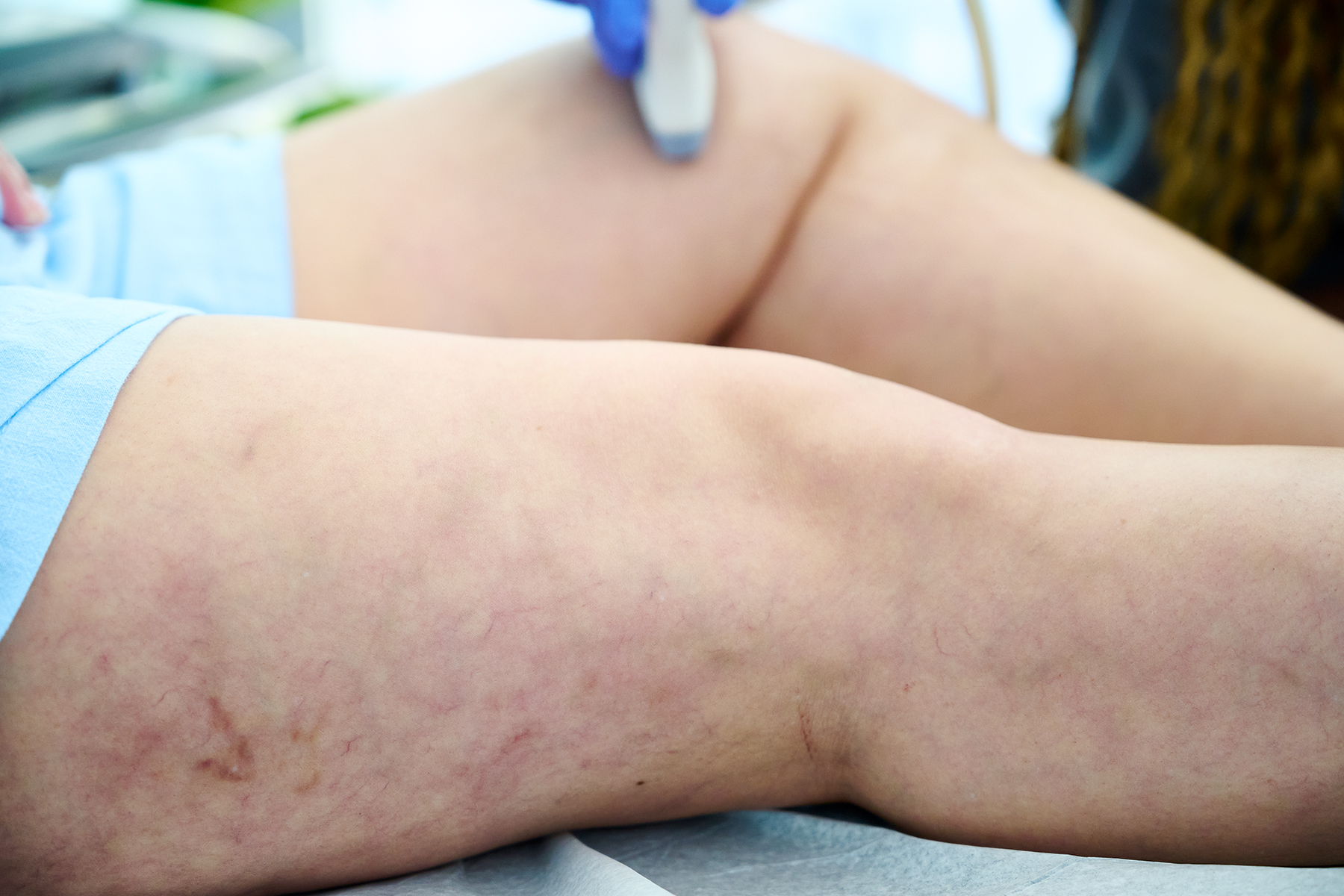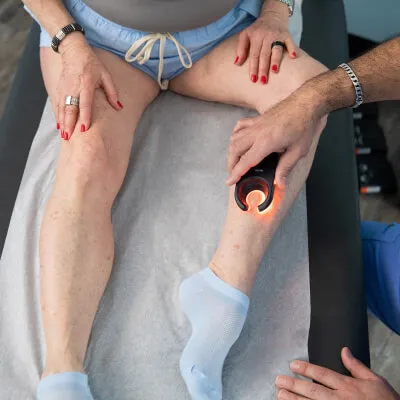The Venous Clinical Severity Score (VCSS) is an essential tool for vein specialists in managing and evaluating chronic venous disease. Designed to provide a reliable assessment of venous disease severity, the VCSS helps track changes over time, assisting in diagnosis, treatment planning, and monitoring progress. This comprehensive scoring system provides a comprehensive understanding of venous health, going beyond static classifications. The VCSS was developed in 2000 and updated in 2010 (with changes accepted in 2011).
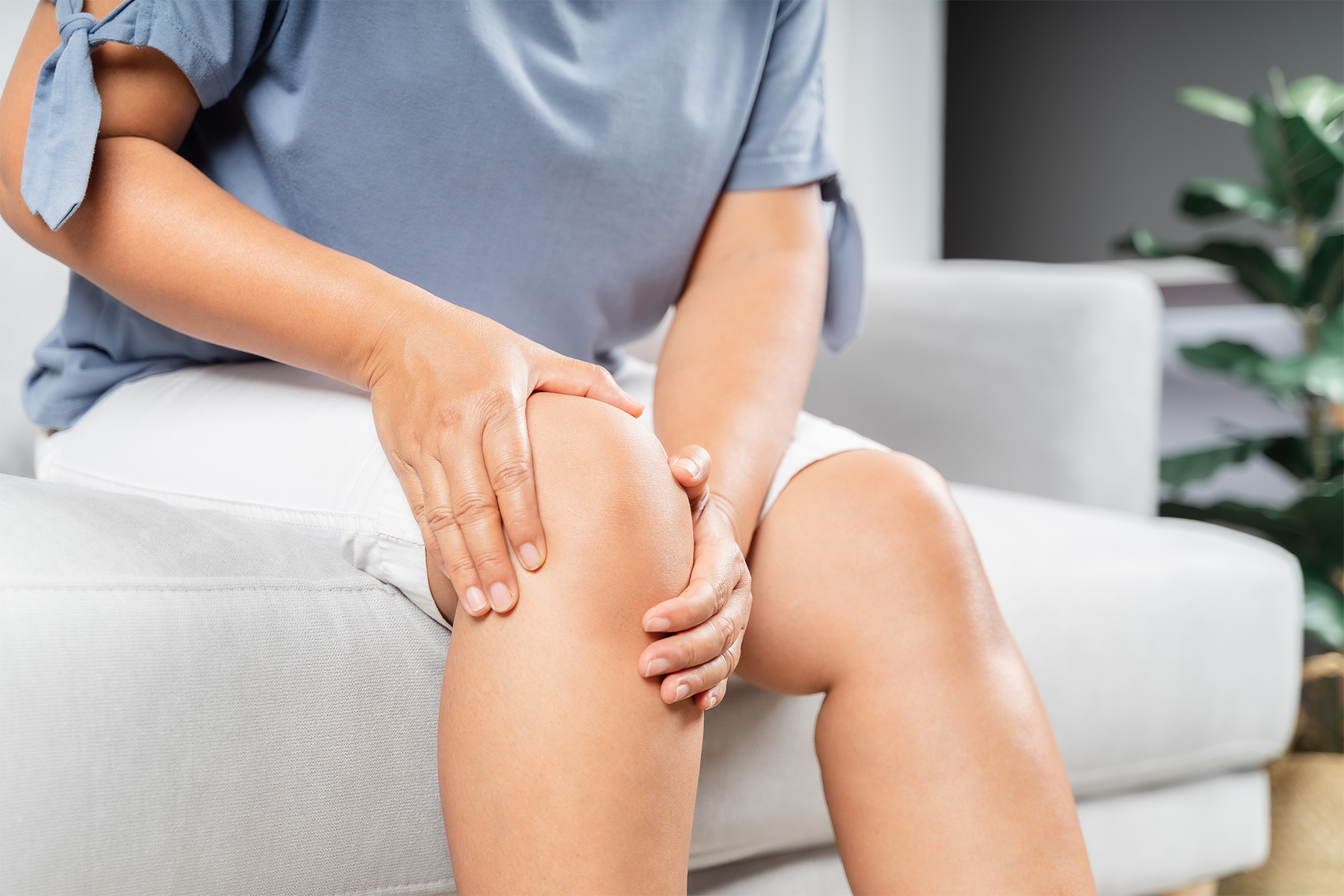
Components of VCSS
The VCSS assesses 10 key clinical parameters, each providing diagnostic insights into different stages of venous disease and their impact on a patient's quality of life. The venous severity scoring parameters include:
- Pain: Evaluating the intensity and frequency of leg pain.
- Varicose Veins: Assessing the extent and severity of visible varicose veins.
- Venous Edema: Measuring the degree of leg swelling.
- Skin Pigmentation: Documenting any skin changes and discoloration, thickening, or other abnormalities.
- Inflammation: Whether inflammation is present and over how large of an area.
- Induration: Is there hardening of the skin that can be felt during a physical exam and how wide spread is it?
- Number of Active Ulcers: Counting the present venous ulcers.
- Active Ulcer Duration: Length of time an ulcer has been active.
- Active Ulcer Size: Measuring the surface area of the ulcer.
- Use of Compression Therapy: Documenting whether the patient is using compression stockings and how often.

The Scoring System Explained
Each of the 10 components is scored on a scale of 0 to 3, where 0 indicates no symptoms or abnormalities, and 3 represents the most severe. This scoring system allows for more accurate tracking of changes in a patient's condition over time.
In the case of ulcers, the scoring system pertains to size, and with compression therapy, 0 indicates that compression stockings are not used and 3 indicates that the patient wears compression stockings most days.
The total VCSS score, ranging from 0 to 30, reflects the overall severity of venous disease. Higher scores indicate more severe symptoms of disease and impairment to a patient's quality of life.
VCSS vs. CEAP Classification
The VCSS was developed from elements of the CEAP (Clinical, Etiology, Anatomy, Pathophysiology) classification. While the CEAP classification system provides a static snapshot of venous disease, the VCSS excels at tracking changes over time. Unlike CEAP, which categorizes venous disease into broad stages, the VCSS provides a deeper assessment of symptom severity and treatment effectiveness, making it indispensable for vein specialists in making clinical assessments and monitoring disease progression and treatment outcomes.
The Clinical Applications of VCSS
Healthcare providers like vein specialists use VCSS in several important ways:
- Diagnosis: To assess the severity of venous disease at initial presentation.
- Treatment Planning: To guide the selection of appropriate, up-to-date treatment strategies.
- Monitoring Progress: To track changes in symptoms and treatment response over time.
- Evaluating Treatment Effectiveness: To determine the effectiveness of interventions like compression therapy or minimally invasive procedures.
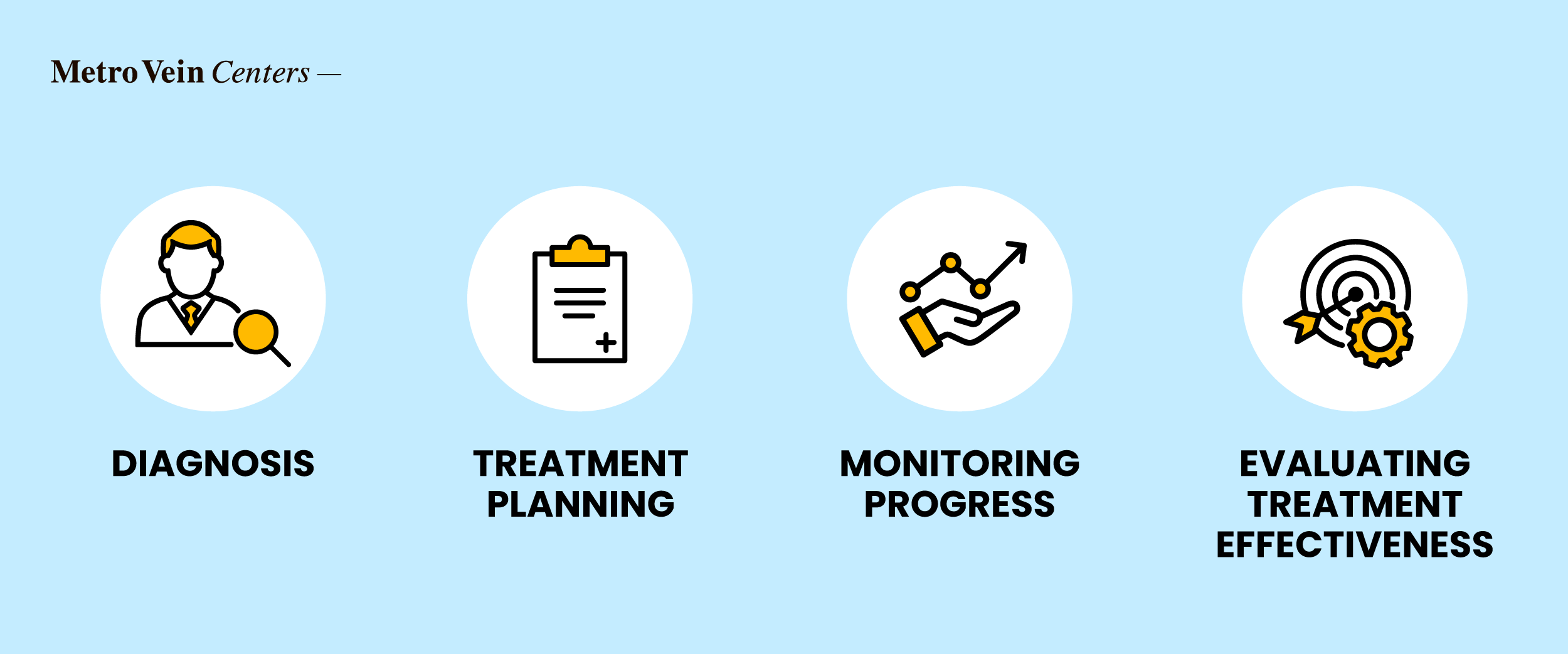
VCSS in Research and Clinical Trials
VCSS plays a central role in vein disease research and clinical trials, providing a standardized method for evaluating treatment outcomes and comparing the success of treatment options across different patient populations. This evidence-based data can help a vein doctor and a patient make more informed decisions regarding venous disease management.
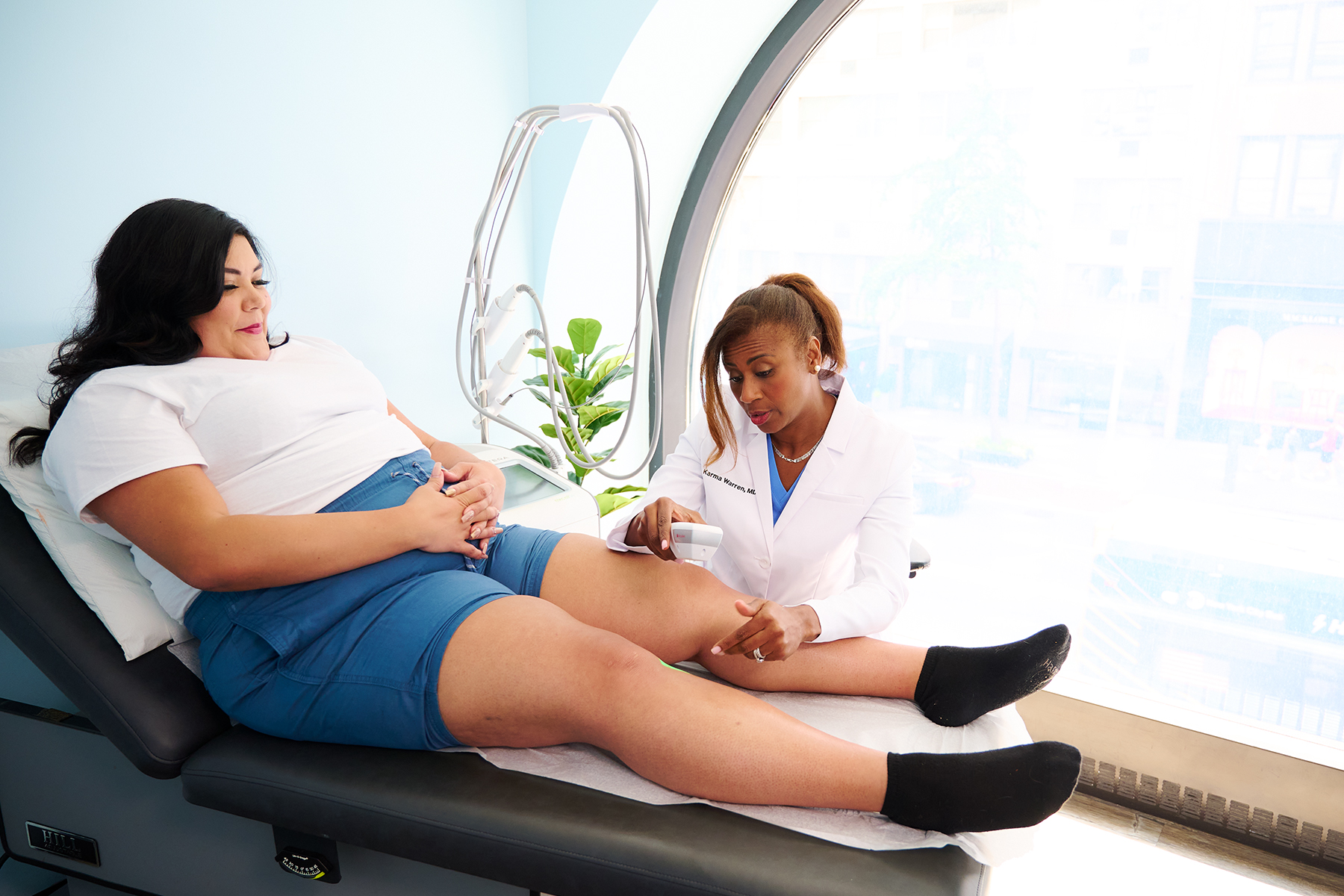
Recent Updates to VCSS
While VCSS has remained a reliable tool, ongoing research and clinical experience have led to refinements in its application. Recent changes to the VCSS were validated and adopted in 2011. Healthcare providers stay updated on any revisions or improvements to ensure the tool remains effective and relevant.
If you have concerns about symptoms or the progression of vein disease, schedule a free comprehensive vein health assessment at Metro Vein Centers. Our vein doctors specialize in the diagnosis of vein disease, including the VCSS scoring system.
Frequently Asked Questions
How often should the Venous Clinical Severity Score be reassessed during treatment?
The frequency of reassessment depends on an individual patient's condition and treatment plan. Typically, reassessments are conducted on a regular basis (typically every 3-6 months) or more frequently if significant changes are observed.
Can VCSS predict the likelihood of venous ulcer healing in patients with chronic venous insufficiency?
Yes, the VCSS can provide valuable insights into ulcer severity and treatment response, but it's one of many factors that are considered. Other factors, such as patient compliance and other health conditions also play a role in ulcer healing.
What's the relationship between VCSS scores and patient-reported quality of life in venous disease?
Higher VCSS scores often correlate with poorer quality of life. As VCSS scores improve with treatment, patients typically experience a corresponding improvement in quality of life.
How does body mass index (BMI) impact Venous Clinical Severity Scores?
Higher BMI can worsen symptoms of venous disease, which can lead to higher VCSS scores. Maintaining a healthy weight with vein-friendly nutrition is recommended as part of a comprehensive treatment plan for venous disease management.

Dr. Jendy Amelio
Meet Jendy Amelio, MD, a highly-rated doctor specializing in the treatment of vein conditions. Schedule an appointment in TX today.
Meet Dr. Jendy Amelio
Trusted insight from the nationally accredited, board-certified vein doctors at Metro Vein Centers.



